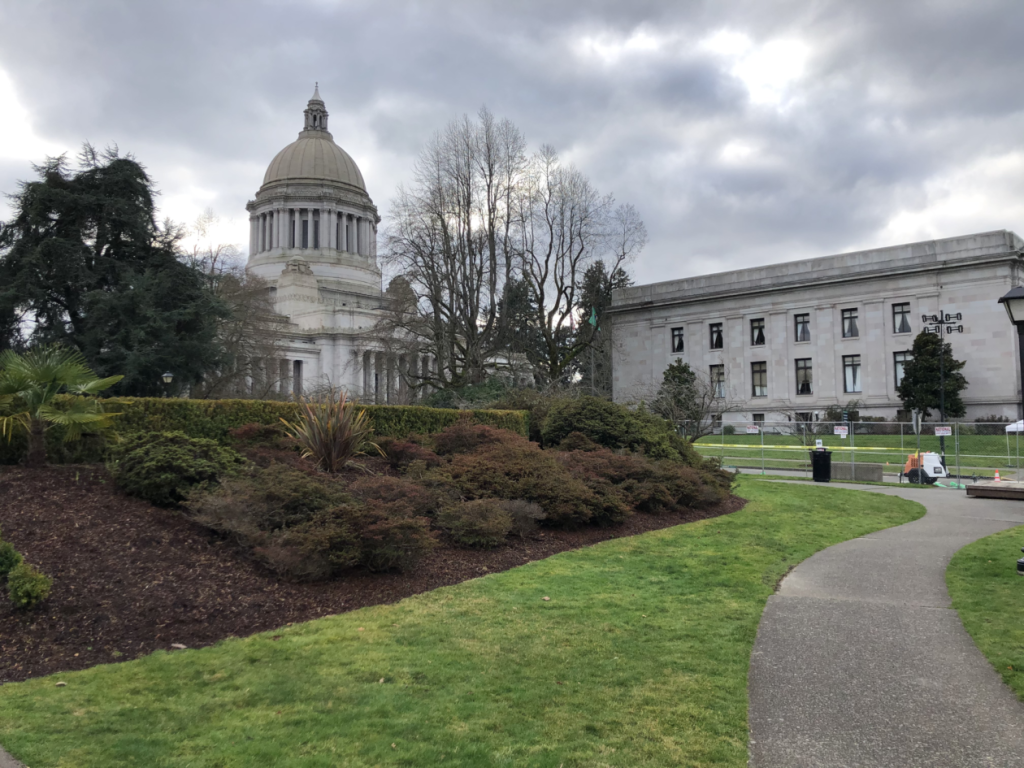Navigating the Uncharted Waters of Generative AI: Washington State’s Legislative Push for Transparency and Accountability
The rapid proliferation of generative artificial intelligence (AI) technologies has sparked a global dialogue surrounding their ethical implications, societal impact, and legal ramifications. Washington state has stepped into this complex arena with two proposed bills aimed at establishing foundational rules for the development and utilization of these powerful tools. House Bill 1168 and House Bill 1170 represent the state’s initial foray into regulating this nascent technology, focusing on transparency in training data and content labeling. These bills reflect a growing trend among legislative bodies to grapple with the unprecedented challenges posed by AI, echoing similar efforts undertaken in California.
HB 1168 mandates that companies developing generative AI systems disclose the data used for training their models. This transparency initiative seeks to empower users with a deeper understanding of the informational bedrock upon which these systems are built. While this move towards openness is lauded by many, the bill also incorporates exemptions for sensitive sectors like security, aviation, military, and defense. This nuanced approach recognizes the legitimate need for confidentiality in certain areas while striving for transparency in the broader AI landscape.
Complementing HB 1168, HB 1170 focuses on content identification, requiring companies with significant user bases in Washington (over 1 million monthly users) to facilitate the identification of AI-generated content. This provision aims to equip users with the tools to discern between human-created and AI-generated outputs, addressing concerns about misinformation, plagiarism, and the erosion of trust in online content. However, the bill carves out exemptions for specific creative industries, including video games, television, streaming platforms, movies, and interactive experiences, acknowledging the inherent integration of AI in these fields.
These legislative efforts in Washington mirror similar initiatives undertaken in California, which passed two laws last year targeting training data transparency and AI detection tools. However, both the California and Washington bills face scrutiny regarding potential loopholes and unintended consequences. Legal experts raise concerns about the lack of clear exemptions for trade secrets and intellectual property, potentially hindering innovation and discouraging developers from sharing vital information. The delicate balance between transparency and protecting proprietary information remains a central challenge in crafting effective AI legislation.
A critical area of contention lies in the use of copyrighted material for training AI models. Critics argue that the proposed bills fall short in addressing the rights of copyright holders, failing to provide adequate mechanisms for determining whether their works have been utilized without permission. This issue is at the heart of ongoing legal battles between AI software companies and content creators, highlighting the urgent need for clear guidelines on fair use and copyright protection in the context of AI training. The demand for greater transparency in disclosing the sources of training data underscores the escalating tension between technological advancement and intellectual property rights.
The Washington state bills are spearheaded by a group of Democratic representatives who have been vocal advocates for AI regulation. Their participation in the Multistate AI Policymaker Working Group further emphasizes the growing momentum behind establishing nationwide standards for AI development and deployment. These legislative efforts build upon Washington’s previous engagement with AI-related issues, including the passage of a deepfake pornography bill and the establishment of an Artificial Intelligence Task Force. The state’s proactive approach positions it at the forefront of the national conversation surrounding AI governance.
The proposed legislation represents a significant step towards creating a regulatory framework for generative AI. However, the ongoing debate surrounding these bills underscores the complexity of navigating the ethical and legal challenges posed by this rapidly evolving technology. Striking a balance between fostering innovation, protecting individual rights, and promoting transparency remains a crucial task for policymakers as they grapple with the transformative power of AI. The future of AI regulation hinges on addressing these intricate issues and developing comprehensive legal frameworks that ensure responsible development and deployment of this powerful technology.















